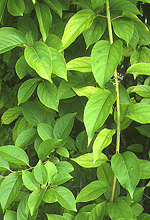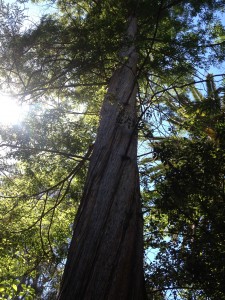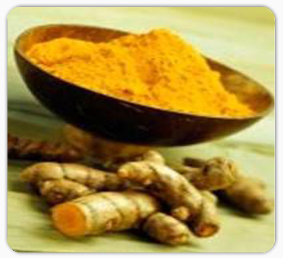 One of the funniest Dr. Oz Shows I ever saw was his show about a new miracle energy drink. Last season on a Dr. Oz show, the audience was given a new energy shot before the show and then asked if they could feel it working at the beginning of the show. Many audience members volunteered to share how they felt after drinking this "miracle" drink, and many said they felt more energetic and really liked how it was working.
One of the funniest Dr. Oz Shows I ever saw was his show about a new miracle energy drink. Last season on a Dr. Oz show, the audience was given a new energy shot before the show and then asked if they could feel it working at the beginning of the show. Many audience members volunteered to share how they felt after drinking this "miracle" drink, and many said they felt more energetic and really liked how it was working.
The twist was that the drink they were given was nothing more than water.
It was an embarrassing moment for many!
Dr. Oz's guest, Dr. Keri Peterson mentioned one of the biggest problem right now with energy drinks is the fact that any person at any age can buy these highly caffeinated and highly sweetened drinks. Grade school and middle school kids are now purchasing them for a quick spurt of energy. This is definitely not healthy for kids and the biggest problem is that most of the drinks do not label how much caffeine they contain.
New York's attorney general, Eric T. Schneiderman has starting a campaign to get the makers of energy drinks to be more transparent. He says the manufacturers are "duping" consumers with claims of ingredients like guarana and ginseng, but really the ingredient providing the stimulant effect is caffeine. Consumers should be told how much caffeine is in any given product.
If you are needing a boost of natural energy, consider Energy Booster Herb Pack. It contains only natural herbs ike ginseng, goji berries and other herbs with extensive research on their natural energy enhancing properties. These Chinese herbs are prized around the world and are non-addictive.
There is no caffeine in Pacific Herbs Energy Booster packets.
The best part of Energy Booster Herb Pack is the ease of adding it to a bottle or glass of water. Definitely a turbo boost that will get you through your afternoon or your workout with a sustained feeling that your body provides naturally. I like to eat the powder right from the stay fresh packets. It tastes so great and works so fast. I love it because I know I'm giving my body a healthy boost of energy, not a cup of caffeine, sugar or other chemicals.

 A new drug is being resesarched for its early success in the treatment of prostate cancer. This is noteworth here because the drug is derived from a
A new drug is being resesarched for its early success in the treatment of prostate cancer. This is noteworth here because the drug is derived from a 

 China has given us so many incredible jewels of nature in the form of medicinal herbs.
China has given us so many incredible jewels of nature in the form of medicinal herbs. 
